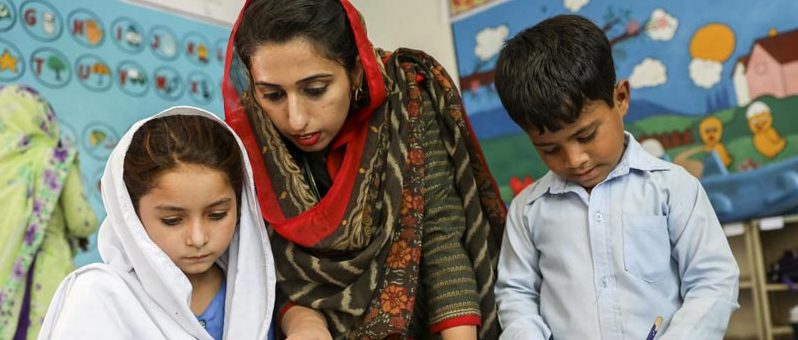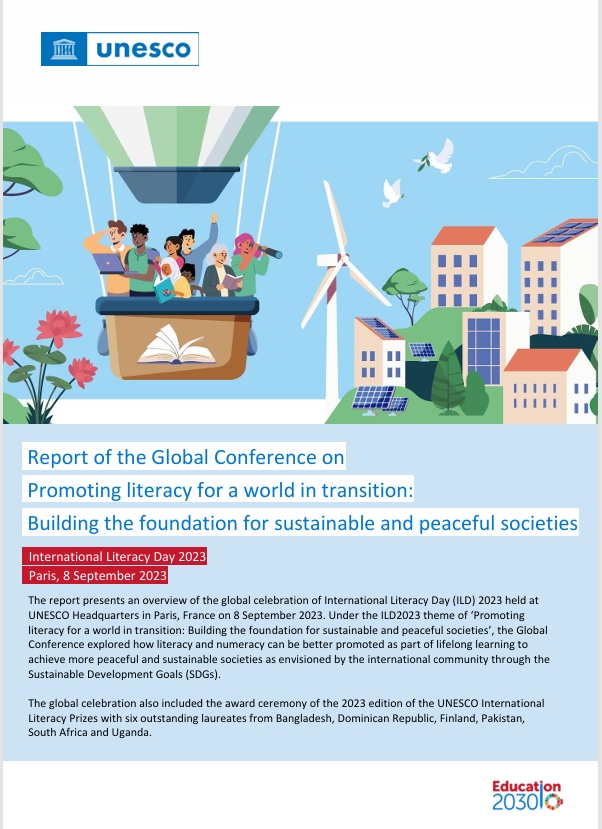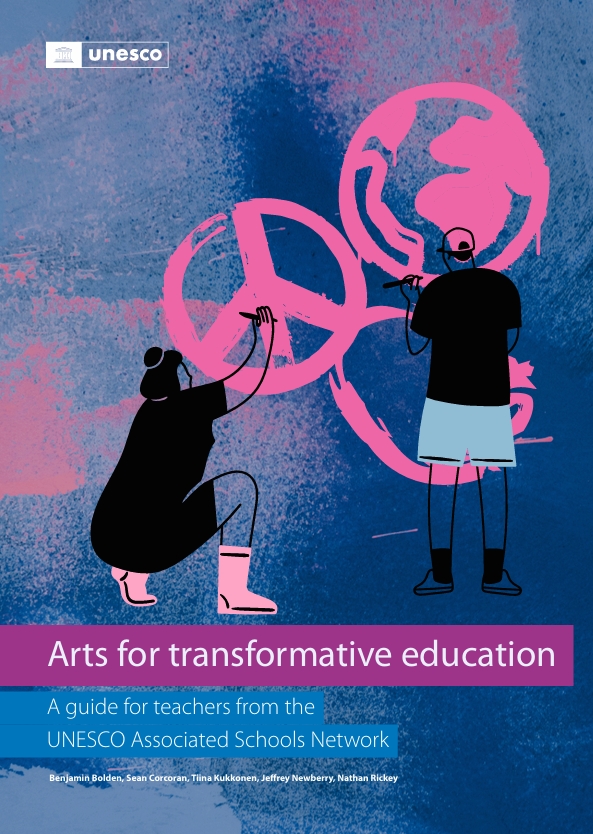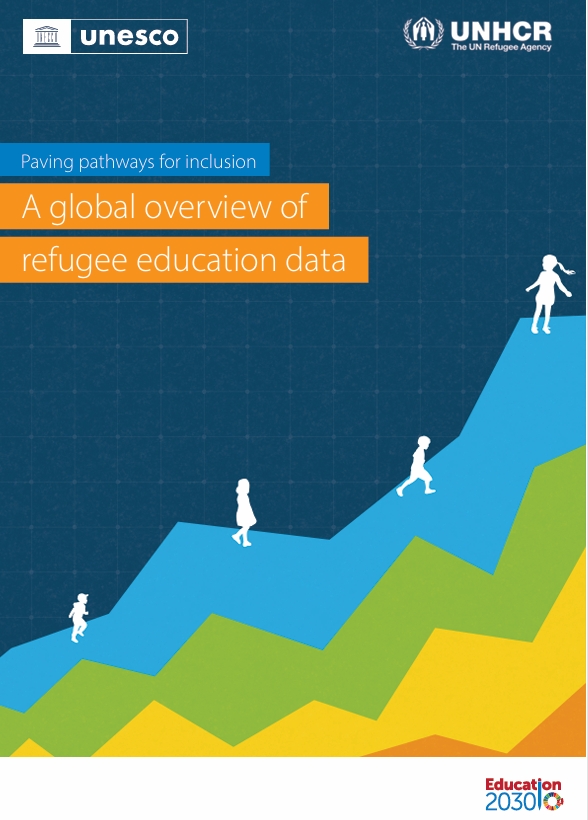Story Source: Daily Times ~ Go to Original Article
The sustainable development goals (SDGs) are all about inclusion, and countless benefits of inclusion are evident in every sector of progressive societies. When we talk about tracking the outcomes of inclusion in education, various studies have demonstrated that students with or without disabilities could, both, benefit more in a variety of ways than a teacher can think.
The more we evaluate the information gathered from schools and families about inclusion, the more we realise that one of the biggest barriers to inclusion is the lack of training in teachers’ education programmes. It is no fault of theirs as new teachers have limited information about inclusion. They are not given the knowledge, skills set or resources to teach in inclusive classrooms……………………….






